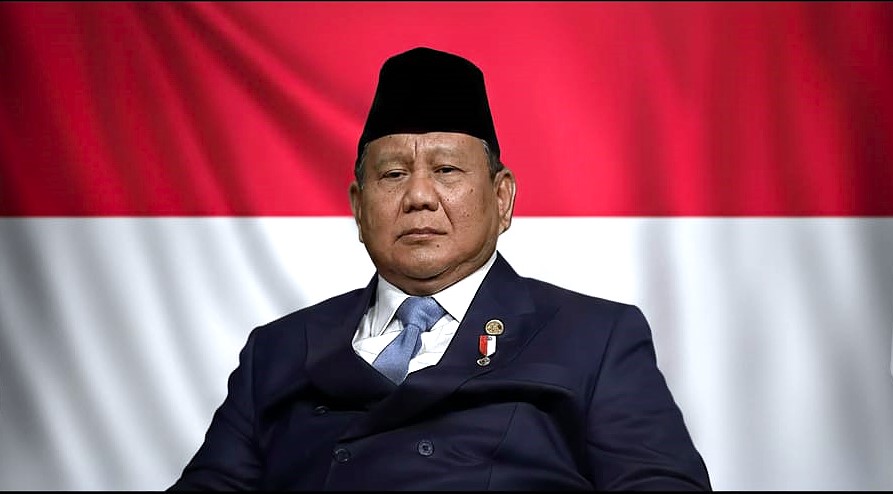Indonesia Protests 31 August 2025: Nationwide Unrest After Affan Kurniawan’s Death
Full verified report on Indonesia’s 31 August 2025 anti-government protests after Affan Kurniawan’s death. Covers causes, major cities hit, arson attacks, police response, casualties, and global reaction.
Raja Awais Ali
8/31/20252 min read


Indonesia Protests 31 August 2025: Nationwide Unrest After Affan Kurniawan’s Death
On 28 August 2025, Indonesia was rocked by a tragic incident when 21-year-old motorcycle taxi driver Affan Kurniawan was fatally struck by a Brimob police vehicle during a demonstration outside the national parliament in Central Jakarta. The video of the incident spread rapidly on social media, triggering outrage and sparking nationwide anti-government protests, which escalated dramatically on 31 August 2025.
What began as demands for justice over Kurniawan’s death evolved into a mass protest movement condemning economic inequality, corruption, and lavish perks for lawmakers—including housing allowances reportedly ten times Jakarta’s minimum wage. Indonesians voiced frustration over rising living costs, limited access to affordable healthcare, and a struggling education system, fueling deep resentment toward political elites.
The unrest quickly spread beyond Jakarta, with demonstrations erupting in Surabaya, Makassar, Bandung, Yogyakarta, Medan, Semarang, Cirebon, and West Nusa Tenggara. Protesters blocked roads, burned tires, and stormed government offices. Social media platforms—particularly TikTok, Instagram, and X (formerly Twitter)—were crucial in mobilizing crowds and livestreaming events to millions, bringing international attention.
Clashes between protesters and security forces escalated. Police used tear gas and water cannons, while demonstrators hurled stones and Molotov cocktails. In Makassar, protesters set fire to the South Sulawesi Regional Parliament building, killing three civil servants. Similar attacks on local council offices occurred in Cirebon, Pekalongan, and West Nusa Tenggara, though no additional deaths were reported.
President Prabowo Subianto canceled a planned diplomatic trip to China to manage the crisis. He met with Kurniawan’s family, promised a transparent investigation, and confirmed the arrest of seven Brimob officers involved. To curb violence, TikTok temporarily suspended live-streaming in Indonesia after government discussions.
Internationally, the protests drew significant coverage. Countries including the United States, Singapore, and Australia issued travel advisories. Analysts called these demonstrations Indonesia’s largest under Prabowo’s presidency, reflecting deep dissatisfaction over governance, corruption, and inequality.
The protests of August 2025 are now seen as a turning point in Indonesia’s political climate. Affan Kurniawan’s death has become a national symbol of injustice, and the unrest has placed immense pressure on the government to deliver accountability and reforms. How authorities respond in the coming weeks will shape Indonesia’s stability and global reputation.
Stay informed with the latest national and international news.
© 2025. All rights reserved.